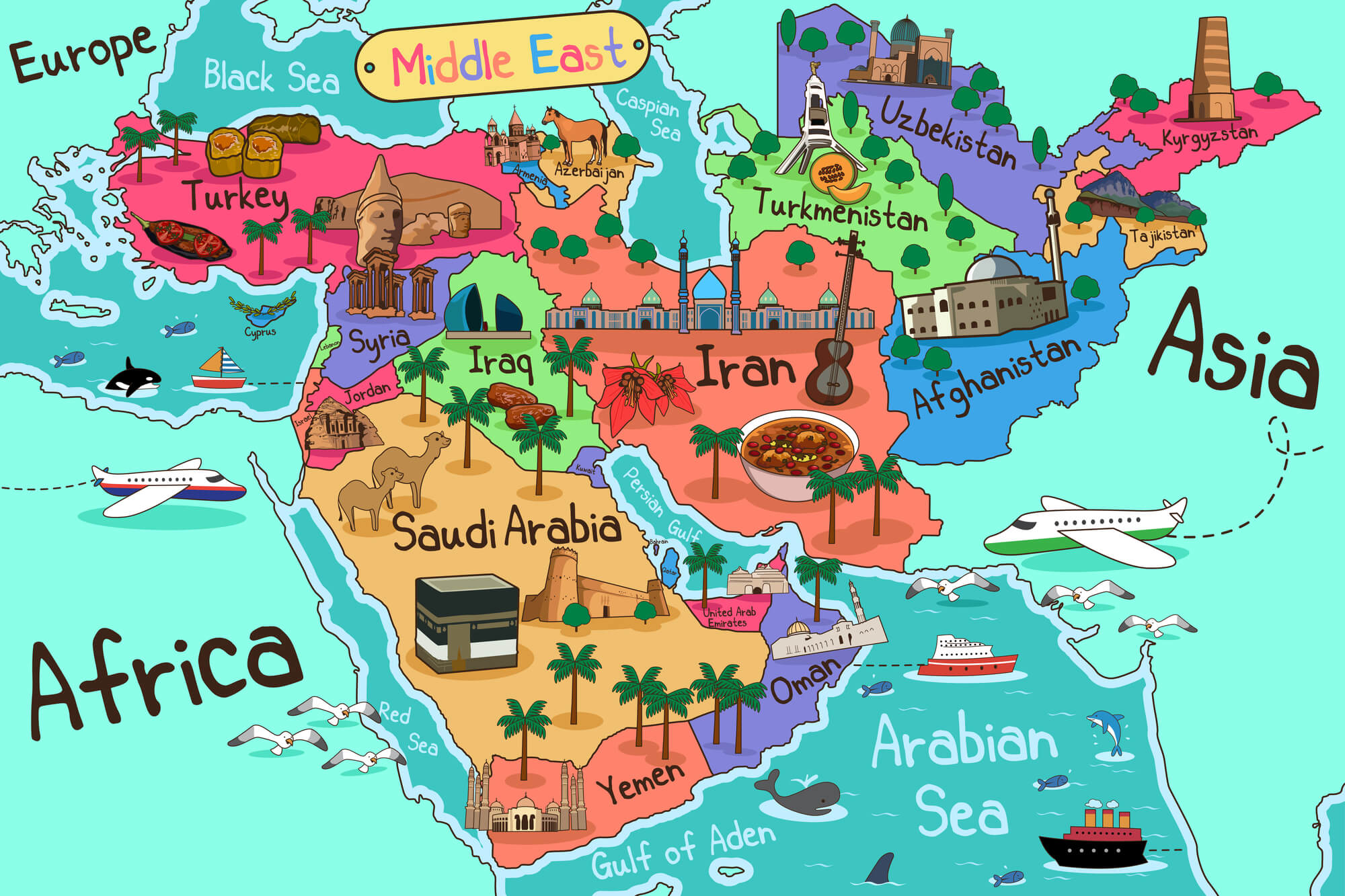The tripartite partnership will combine the knowledge, expertise and infrastructure of all the partners, in order to study the consequences of these effects and act to reduce damage and adapt in various areas in the Mediterranean Sea and the Gulf

The memorandum of understanding signed at the climate conference in Sharm el-Sheikh between the University of Haifa, Khalifa University, the United Arab Emirates University and the GEOMAR Helmholtz Kiel Center for Ocean Research - is five years old and will significantly improve information and research in the region. In addition, it will help develop damage reduction strategies in ecosystems in the Eastern Mediterranean and the Arabian Gulf. The memorandum was signed against the background of the common understanding that the oceans and seas face a variety of pressures related to climate change and pollution. The Eastern Mediterranean and the Arabian Gulf are marine environments that are greatly affected by ocean warming, lack of oxygen, dust deposition, the expansion of seawater desalination facilities, the exploitation of deep sea energy resources, intensive shipping, invasive species, aquaculture, the expansion of tourism and geopolitical crises.
According to the project partners, a fundamental understanding of the consequences of these pressures on the ecosystems is required. These systems need to be protected and managed sustainably, in a way that preserves and improves biodiversity, ecosystem services and ensures economic viability and growth for the local populations.
Prof. Ron Rubin, President of the University of Haifa: "This is a significant step in the framework of the national and regional leadership of the University of Haifa on environmental and maritime sustainability. The tripartite cooperation will expand the existing partnership between GEOMAR and the University of Haifa, and of course will strengthen the regional cooperation. The project will contribute significantly to the understanding of the marine systems and will build bridges between the nations. We feel that we have made history and secured a future."
According to Prof. Ilana Berman-Frank, head of the Charni School of Marine Sciences: "The sea affects the Earth's climate more than any other factor and the marine environment is most affected by climate change. The future of the planet is in the sea, in understanding the marine system and the changes that occur in it. As scientists, we build bridges of science as well as cross-border collaborations."
The rate of water warming in the eastern Mediterranean and the Gulf is one of the fastest globally, with consequences for ecosystems and the absorption of CO2 in the ocean. The areas near the seas are heavily industrialized and urbanized, and they face increasing dust deposition and heat waves that affect their ecosystems, including coral reefs.
The tripartite partnership will combine knowledge, expertise and infrastructure of all the partners, in order to study the consequences of these effects and act to reduce damages and adapt in different areas.
The project will use advanced ocean observation technologies, such as underwater vehicles, new cameras, chemical sensors and models of marine ecosystems and integrate the data to predict future responses in the ocean, as well as insights into current processes in the water column and seafloor, and develop models to find out what it will look like The future for the Mediterranean and the Arabian Gulf.
According to the partners, it is of utmost importance to strengthen a new generation of researchers and graduate students in these fields. This is especially essential in geographical areas where there are cultural, political and religious conflicts. Joint academic activity on research and sustainable use of marine systems will benefit all the populations of the region and help build bridges and establish trust and partnerships for a better future.
More of the topic in Hayadan:
- The Triangle Regional Research and Development Center will lead a 5.5 million Euro research project in the Horizon-Europe program In the field of integrating agriculture and clean energy
- Has Iran built a supercomputer?
- Soon Qatar will overtake us
